 Lives Lived Well welcomes a huge diversity of people through its doors each year. All of our clients have busy lives outside of treatment and need an approach that can be flexible to their lifestyles and goals. This was the case for Natasha, a successful businesswoman, mother and partner in her late 40s who approached our Woolloongabba Day Program in Brisbane to seek support for her alcohol use. She had tried sessions with a private psychologist in the past, which hadn’t been successful and shared with her clinician her scepticism for a positive outcome. Despite this, she felt the flexibility and regular engagement offered by a day program might have better results.
Lives Lived Well welcomes a huge diversity of people through its doors each year. All of our clients have busy lives outside of treatment and need an approach that can be flexible to their lifestyles and goals. This was the case for Natasha, a successful businesswoman, mother and partner in her late 40s who approached our Woolloongabba Day Program in Brisbane to seek support for her alcohol use. She had tried sessions with a private psychologist in the past, which hadn’t been successful and shared with her clinician her scepticism for a positive outcome. Despite this, she felt the flexibility and regular engagement offered by a day program might have better results.
Natasha commenced the program by completing our new early treatment program, First Step. This allowed her to complete a series of measures and receive feedback on the areas of her wellbeing that would benefit from being with the service. It was here that Natasha learnt that her alcohol use was within the high-risk range and she was experiencing severe depression and moderate anxiety. She also reported feeling suicidal nearly every day. Natasha’s goal for treatment was to stop her alcohol use, improve her mental health, and continue to maintain an active social life, which she saw as an important part of her identity.
Natasha successfully completed the five-week Day Program and then participated in the aftercare groups to help with relapse prevention. Three months after treatment she has maintained her goal of abstinence and has even started organising non-drinking social groups.
Her mental health also improved with a 40% reduction in scores for anxiety and a 67% reduction in her depression scores. Natasha also reported that she no longer feels suicidal and enjoys more meaningful engagement in her community. She commended her clinicians and rated her experience with the service as “extremely satisfied.”
*Name has been changed to protect client’s privacy. The image used is a stock image of a person for illustrative purposes only and does not, expressly or implied, portray a person with drug, alcohol or mental health problems.
Read more stories
Our News page lists media releases, stories, and case studies.


